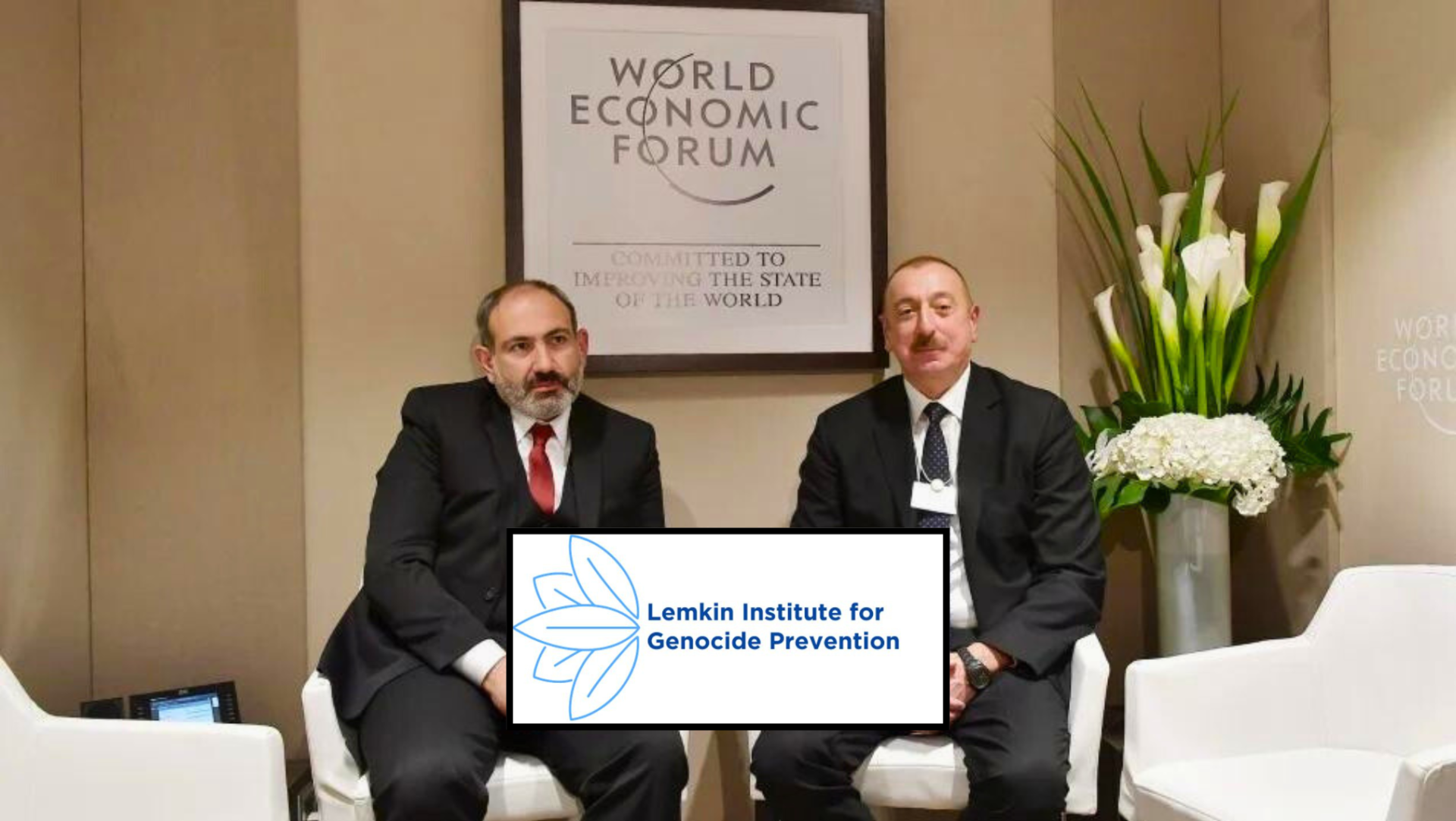The Lemkin Institute has voiced strong objections to recent comments made by Armenian Prime Minister Nikol Pashinyan, which, according to them, starkly deviate from the core principles of genocide prevention and recognition. In their critique, the Institute points to Pashinyan’s remarks during the Armenian Genocide Remembrance Day and subsequent interviews, which they claim dangerously align with the genocide denial narratives of Turkey and Azerbaijan.
In a detailed statement released on May 10, 2024, titled “Statement Condemning Prime Minister Nikol Pashinyan’s Cryptic Engagement with Genocide Denial,” the Lemkin Institute particularly addressed the controversial aspects of Pashinyan’s speech on April 24. The Prime Minister’s remarks seemingly blamed the Armenian people for their past sufferings, attributing the genocide to their lack of political savvy and historical statehood. This narrative not only aligns uncomfortably with Turkish and Azerbaijani denialist views but also undermines the historical accountability of these aggressor nations.
Moreover, the Lemkin Institute condemned Pashinyan’s failure to explicitly identify these aggressor nations in his statements. By omitting direct references to Turkey and Azerbaijan, Pashinyan shifts the burden of historical atrocities onto the victims, a move that could greatly hinder ongoing international efforts for genocide recognition and accountability.
Furthermore, the Institute criticized the Prime Minister for misrepresenting the historical context of the Armenian genocide. By downplaying the systematic and planned nature of the genocide and instead suggesting a scenario of self-inflicted tragedy, Pashinyan’s narrative contradicts established historical facts and scholarly research on the subject.
The Lemkin Institute urgently calls for a reevaluation of these statements by Prime Minister Pashinyan. They stress the importance of acknowledging and upholding historical truths and pursuing justice for past atrocities to safeguard against future ones. They also emphasize the need for Armenia to engage robustly with its own history, confronting and educating about the past rather than succumbing to rhetoric that could potentially weaken its sovereignty and the broader Armenian cause.
“While we do not generally involve ourselves in domestic affairs of states unless there is an internal threat of genocide, we must address concerns stemming from recent statements made by Armenian Prime Minister Nikol Pashinyan that appear to diverge from fundamental principles of genocide prevention, genocide recognition, and transitional justice, and that directly relate to issues of Armenian national security. This becomes even more critical in the context of alarming Azerbaijani territorial claims and its enduring genocidal policies against Armenians over the past decades.
In genocide prevention, it is essential that leaders uphold the truth and recognize the importance of accountability. Appeasing perpetrating states almost never leads to increased security for targeted populations. We believe that Armenia can negotiate with its neighbors without adopting denialist narratives. We call on the international community to support truth and reconciliation in the South Caucasus without losing sight of the necessity for justice and accountability,” said the Lemkin Institute on Facebook.
To read the Lemkin Institute’s full statement, visit here.


